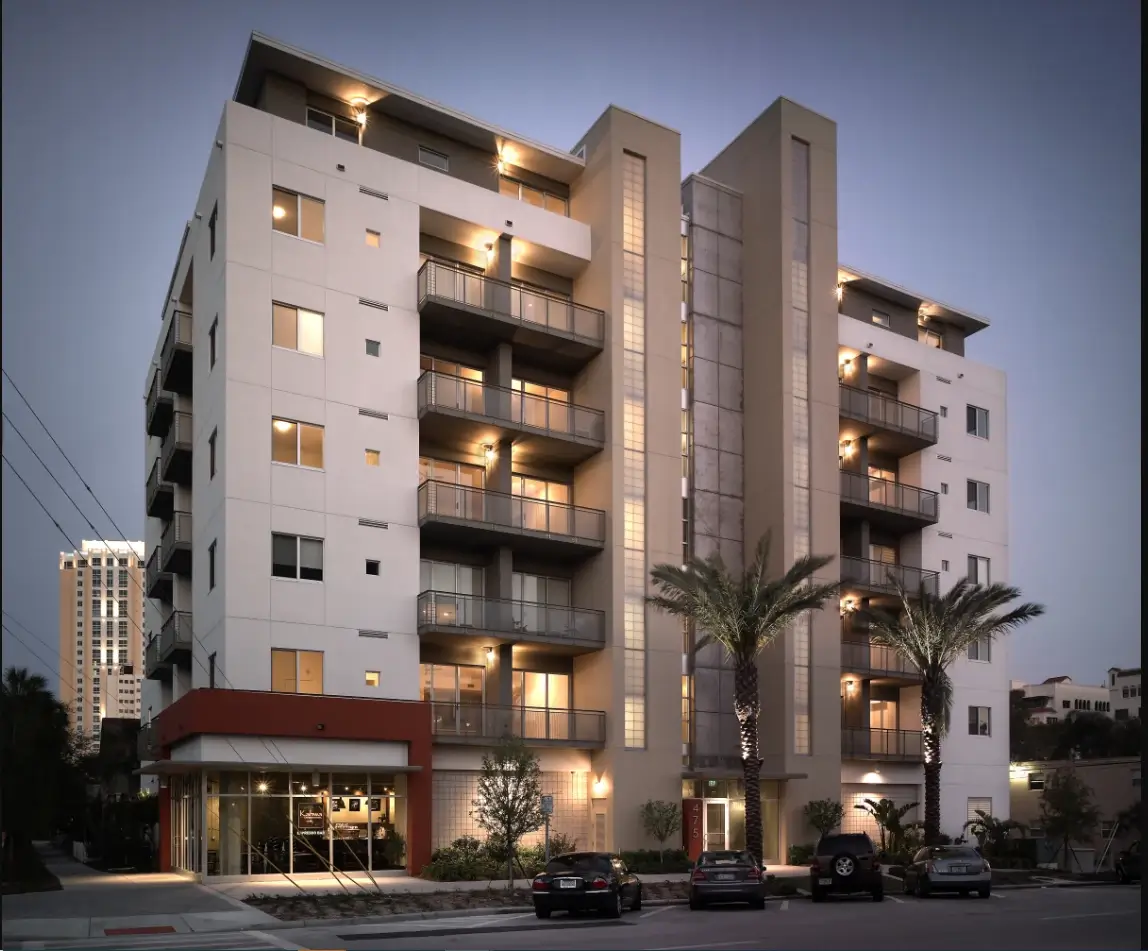
In October last year, in the aftermath of Florida condo collapse, Fannie Mae threw a big wrench into condominium approval process. In their lender letter LL-2021-14 (you can look it up), the maker of lending rules added somewhat ambiguous requirements for lenders to assure the condominium is free from significant deferred maintenance and safety issues. The letter provided guidance and went on to state that if the lender cannot make the determination, the unit in the condominium is not eligible. Condo questionnaire form has been expanded to include safety addendum, where the association is asked about current or pending special assessments, if there were any negative findings from building inspectors, and if the condominium has or is expected to have any safety violations. If there are any special assessments (temporary additional dues above and beyond regular condo fees generally assessed to pay for repairs), the lender must obtain documents such as inspection reports, work itemization and schedule, and association’s meeting minutes to assess the impact. If special assessments are related to safety, the work must be finished before the condominium can be deemed eligible.
Over half a year later, it appears not all industry participants caught up to what this really means. The real problem is that neither the lender, nor the appraiser, nor the association’s board are experts in building structures and safety to be able to warrant that the condominium is free from deferred maintenance and safety problems. And if lenders were to be required to hire independent inspectors to make their own determination, lenders would just stop lending on condos altogether, it would just be impractical.
So what is happening in practice? How do we go about assessing the condo safety to try and follow the new rules? First, we ask if there are any current or pending special assessments. If there are, we inform transaction participants to expect problems with condo approval. Obtaining and reviewing available inspection reports, meeting minutes, and work schedule and trying to make determination may very well lead to nowhere, deeming the condo ineligible under current standards. But not all problems and repairs are equal. For example, in our recent condo transaction, the special assessments and the work in progress was limited to replacing major parts in the building elevator. The association provided all documentation, and the appraiser was able to state that even though this was a nuisance, it was not a safety concern, and due to short work schedule, it did not impact marketability. Transaction completed successfully. Not all transactions are this lucky, however. Very often association doesn’t even want to provide any documentation, as they are themselves not fully caught up to the new requirements and don’t believe this should be needed.
Now, for what it’s worth, here is my humble advice. If you settled on buying a condo which has current or pending special assessments, or known possible safety concerns, run. If you really like the unit though, then gather as much documentation as possible and go in, but know that after a month of hectic work and some expenses, this may ultimately fail.
Roman Shulman, Superior Funding Corporation, Newton, MA.

